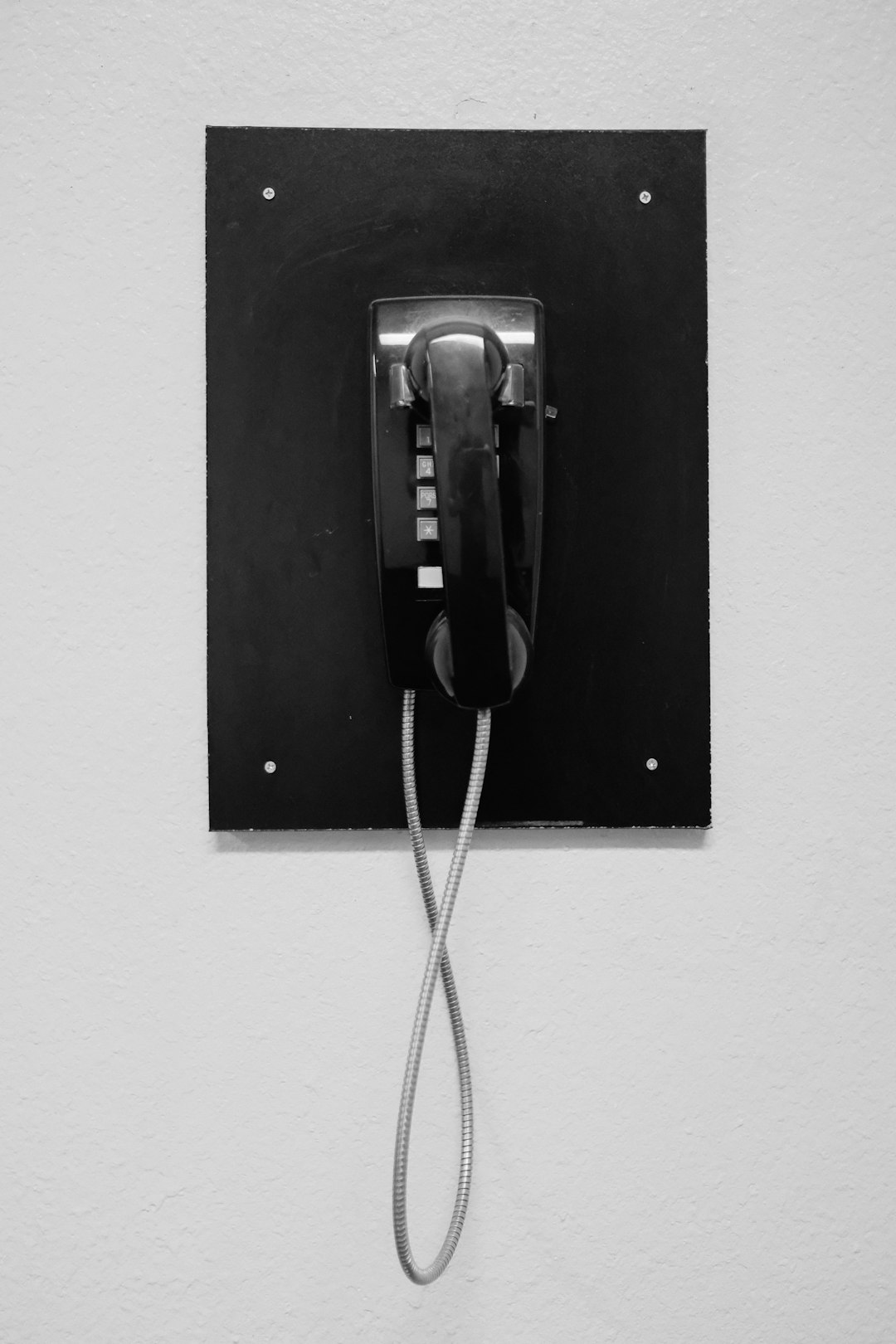In Utah, spoofing calls by debt collectors is illegal. Consumers scammed can seek legal action with a Debt Collector Attorney Utah to assert rights against deceptive practices. Consulting an attorney helps file complaints, understand options, and potentially seek damages for financial losses. These attorneys ensure debt collection agencies comply with state laws, protecting consumer rights and avoiding legal repercussions.
In Utah, strict regulations govern debt collector practices to protect consumers from fraudulent activities. The state’s law on spoofed calls specifically targets debt collectors who attempt to mislead borrowers through fake identities or manipulated call data. This article explores Utah residents’ rights against such deceptive tactics and the legal avenues available for justice. We also delve into the pivotal role a debt collector attorney plays in ensuring fair practices and defending victims of impostor collection scams within this jurisdiction.
Utah Law on Debt Collector Spoofed Calls

In Utah, the practice of spoofing calls, particularly by debt collectors, is regulated to protect consumers from deceptive practices. According to the Utah Law, it’s illegal for any debt collector to use or display a false or misleading number when initiating a call. This includes using technology that alters or masks the caller ID to appear as a local or familiar number, which can be done to trick recipients into answering.
If a debt collector in Utah is found guilty of spoofing calls, they could face significant penalties, including fines and other legal repercussions. Consumers who believe they’ve been the target of such deceptive practices can seek relief through legal action, with the assistance of a qualified Debt Collector Attorney Utah. These attorneys specialize in consumer protection laws and can help individuals assert their rights against unfair or illegal debt collection methods.
Rights of Consumers Against Fraudulent Debtor Practices

In the face of aggressive or fraudulent debtor practices, consumers in Utah have rights protected by law. A debt collector attorney in Utah can help ensure that these rights are upheld. If a consumer feels they’ve been targeted with false or misleading tactics, such as impersonating a government agency, demanding excessive payments, or threatening violence, they should document these interactions and consult legal counsel.
Knowledge of one’s rights is empowering. Consumers can file complaints with the Utah Attorney General’s office and the Federal Trade Commission (FTC) to report unethical debt collection practices. Additionally, seeking legal advice can lead to taking formal action against the offenders, potentially stopping similar incidents from occurring in the future.
Legal Recourse for Victims of Impostor Collection Scams

Victims of impostor collection scams in Utah have legal recourse and can take action against these deceptive practices. If a consumer receives a spoofed call from what appears to be a debt collector, they should first document the incident by recording any conversations and keeping records of all communications. This evidence can be crucial when filing a complaint with the appropriate authorities or seeking legal advice from a Utah debt collector attorney.
Many states, including Utah, have enacted laws to protect consumers from such scams. The Federal Trade Commission (FTC) also provides guidelines and resources for individuals facing deceptive collection practices. Consulting with a qualified attorney specializing in consumer rights and debt collection law can help victims understand their options, file official complaints, and potentially seek damages or restitution for any financial losses incurred due to the scam.
Role of Debt Collector Attorney in Utah

In Utah, a debt collector attorney plays a pivotal role in ensuring compliance with state regulations regarding spoofed call practices. With strict guidelines in place to protect consumers from deceptive collection tactics, legal professionals specialized in this field are essential. These attorneys specialize in advising debt collection agencies on lawful methods of contacting debtors, including proper do-not-call list management and disclosure requirements.
By understanding Utah’s specific laws, a debt collector attorney can help organizations steer clear of legal repercussions. They guide the process of verifying debt, sending accurate billing statements, and following ethical collection practices. This specialized knowledge is crucial for maintaining compliance, fostering fair debt collection procedures, and upholding consumer rights in The Beehive State.






